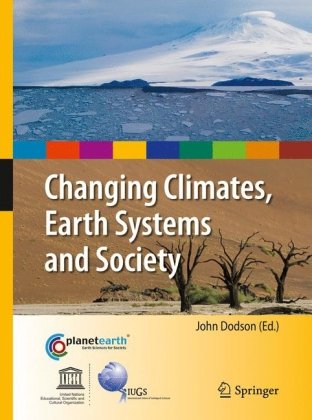

Most ebook files are in PDF format, so you can easily read them using various software such as Foxit Reader or directly on the Google Chrome browser.
Some ebook files are released by publishers in other formats such as .awz, .mobi, .epub, .fb2, etc. You may need to install specific software to read these formats on mobile/PC, such as Calibre.
Please read the tutorial at this link: https://ebookbell.com/faq
We offer FREE conversion to the popular formats you request; however, this may take some time. Therefore, right after payment, please email us, and we will try to provide the service as quickly as possible.
For some exceptional file formats or broken links (if any), please refrain from opening any disputes. Instead, email us first, and we will try to assist within a maximum of 6 hours.
EbookBell Team

5.0
108 reviewsThe book covers state-of-the-art considerations on how climate change has and will deliver impacts on major globalised biophysical and societal themes that will affect the way the world functions.
Human activity has resulted in changes to atmospheric chemistry and land cover, and caused serious decline in biodiversity. Modifying biogeochemical cycles leads to complex feedbacks. The future climate will have impact on food security and agriculture, water supply and quality, storm and cyclone frequency, shoreline stability, biodiversity and the future of biological resources. Earth scientists might be asked to forecast any potential abrupt or environmental surprises. A sound knowledge of the Earth System will improve the chances of achieving this, by developing climate models that will reduce the degree of uncertainty in regional climate prediction.
This volume sets out a framework of research issues that show how the Earth sciences contribute to a better understanding of climate change and suggests where future research will best contribute to the wellbeing of society. The key topics discussed are:
- climate change patterns over the last four glacial cycles;
- the variability in climate over the last 1000 years;
- impact that past climate change has had on societies;
- the role of human activities in climate forcing;
- the role of models in predicting future climate and how we can assess their merit;
- the future and likely future climate trajectories.